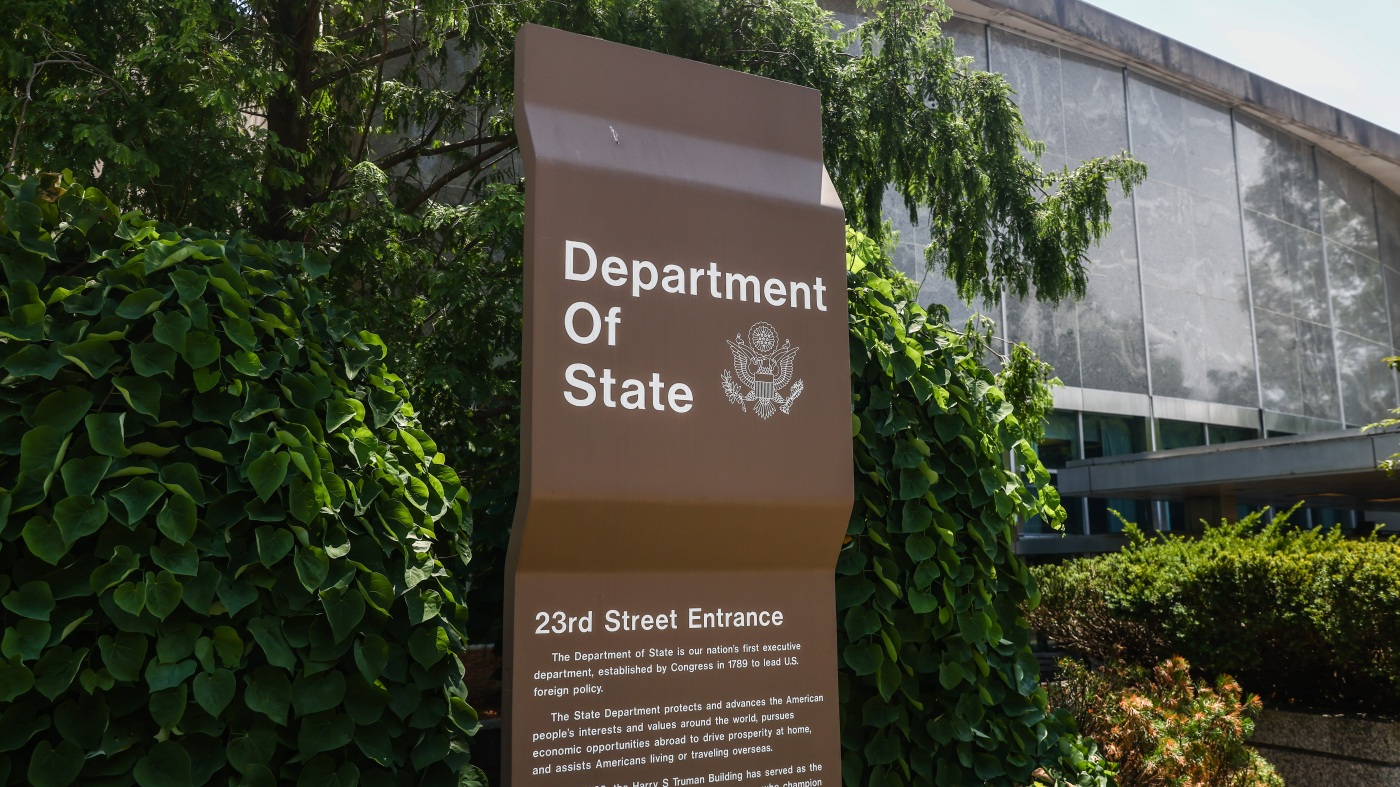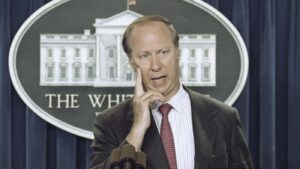The State Department’s Major Restructuring: A 15% Workforce Reduction
The U.S. State Department is undergoing a significant transformation, marking its largest staff overhaul in decades. The initiative, led by Secretary of State Marco Rubio, aims to streamline operations by cutting down Washington-based staff by approximately 15%. This move has already resulted in early retirements and the issuance of layoff notices to hundreds of employees.
Under Rubio’s leadership, the department is set to close 132 offices in an effort to dismantle what he describes as a “bloated bureaucracy.” By revising personnel regulations, the department is now equipped to let go of foreign service and civil service officials whose roles are deemed redundant.
Rubio defends these changes as necessary for expediting internal processes. He highlighted the inefficiencies by stating, “There were 40 boxes on this piece of paper… That means 40 people had to check off ‘yes’ before it even got to me. That’s ridiculous. And if any one of those boxes didn’t get checked, the memo didn’t move. That can’t continue.”
Despite Rubio’s justifications, the decision has faced criticism. Ranking Member Jeanne Shaheen and fellow Democrats on the Senate Foreign Relations Committee have voiced their concerns in a statement, arguing that the administration should focus on strengthening the diplomatic corps to safeguard U.S. interests globally.
Former diplomats are also expressing their disapproval. The American Academy of Diplomacy, representing past ambassadors, labeled the initiative as “an act of vandalism,” cautioning against the loss of institutional memory within the department.
Thomas Shannon, a former undersecretary of state, criticized the overhaul, emphasizing that “this isn’t just about trimming fat.” He warned that the reduction of civil and foreign service employees could reflect a retreat from a robust global agenda.
Shannon further cautioned about the potential long-term impacts of the reshuffle, particularly as the U.S. reduces its focus on human rights and democracy promotion. He also noted the closure of USAID and the subsequent loss of personnel with essential language and cultural expertise as detrimental to U.S. influence worldwide.
“We’re going to end up cutting a lot of really talented individuals,” Shannon remarked, likening the situation to “players in a game of musical chairs — suddenly finding themselves without a seat.” He also suggested that while immediate effects may be minimal, the U.S. could find itself at a disadvantage compared to global competitors like China.





